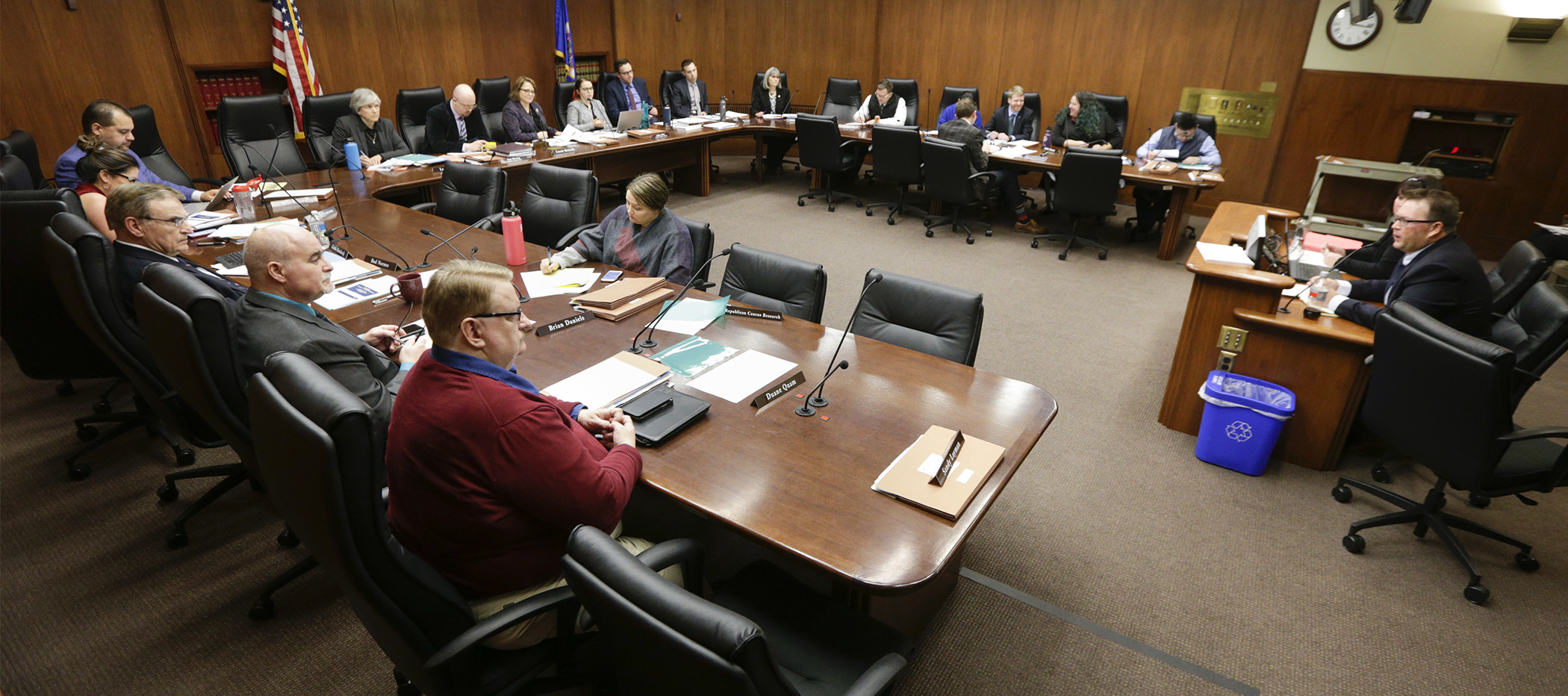Governor’s higher education proposal grows

The state’s budget surplus may be shrinking, but funding for higher education isn’t, at least not in Gov. Tim Walz’s revised budget.
At Tuesday’s meeting of the House Higher Education Finance and Policy Division, Office of Higher Education Commissioner Dennis Olson explained the governor has increased his budget request for the University of Minnesota and the Minnesota State system of colleges and universities by $25 million over what he proposed Feb. 19.
Compared to the 2018-19 biennium, the state’s higher education budget would grow by $164.7 million. That would include increases of $64.8 million for the Minnesota State system, $51 million for the University of Minnesota, and $48.9 million for the Office of Higher Education, which provides state grants to Minnesota college students.
Olson said the largest increase in funding over February’s proposed budget is for the Minnesota State system. The governor recommended $13.2 million more in funding than he proposed in February. The University of Minnesota’s proposed increase is $11.9 million.
The higher education grant program would receive $43.1 million more than in the current biennium. Of that increase, 34 percent would go to students attending Minnesota State’s 30 two-year colleges, 23 percent to those attending private, nonprofit colleges, 21 percent to University of Minnesota students, and 19 percent to students at Minnesota State’s seven four-year universities.
Under the governor’s revised budget, the University of Minnesota would receive $117.7 million of its Higher Education Asset Preservation and Replacement request, devoted to the upkeep of existing structures. The university’s increase over the prior biennium would include $51 million more for core services. Proposed bonding funds would include $28 million to replace the Child Development building on the Twin Cities campus and $4.3 million to renovate the Duluth campus’ A.B. Anderson Hall.
The budget would also fund Minnesota State’s entire HEAPR request of $150 million. The system’s funding increase includes $56.8 million for campus support, and an $8 million down payment on replacing the system’s ISRS software, which administers finance, accounting, human resources and such student services as financial aid, housing and registration.
Other state programs seeing increases in funding over the previous biennium include $4 million in new funds for the MN Reconnect program, which helps adult learners re-enroll and complete their postsecondary education, and $2 million to expand and sustain a pair of education assessment programs, the Statewide Longitudinal Education Data System and the Early Childhood Longitudinal Data System.
Related Articles
Search Session Daily
Advanced Search OptionsPriority Dailies
Legislative leaders set 2026 committee deadlines
By Lisa Kaczke Legislative leaders on Tuesday officially set the timeline for getting bills through the committee process during the upcoming 2026 session.
Here are the three deadlines for...
Legislative leaders on Tuesday officially set the timeline for getting bills through the committee process during the upcoming 2026 session.
Here are the three deadlines for...